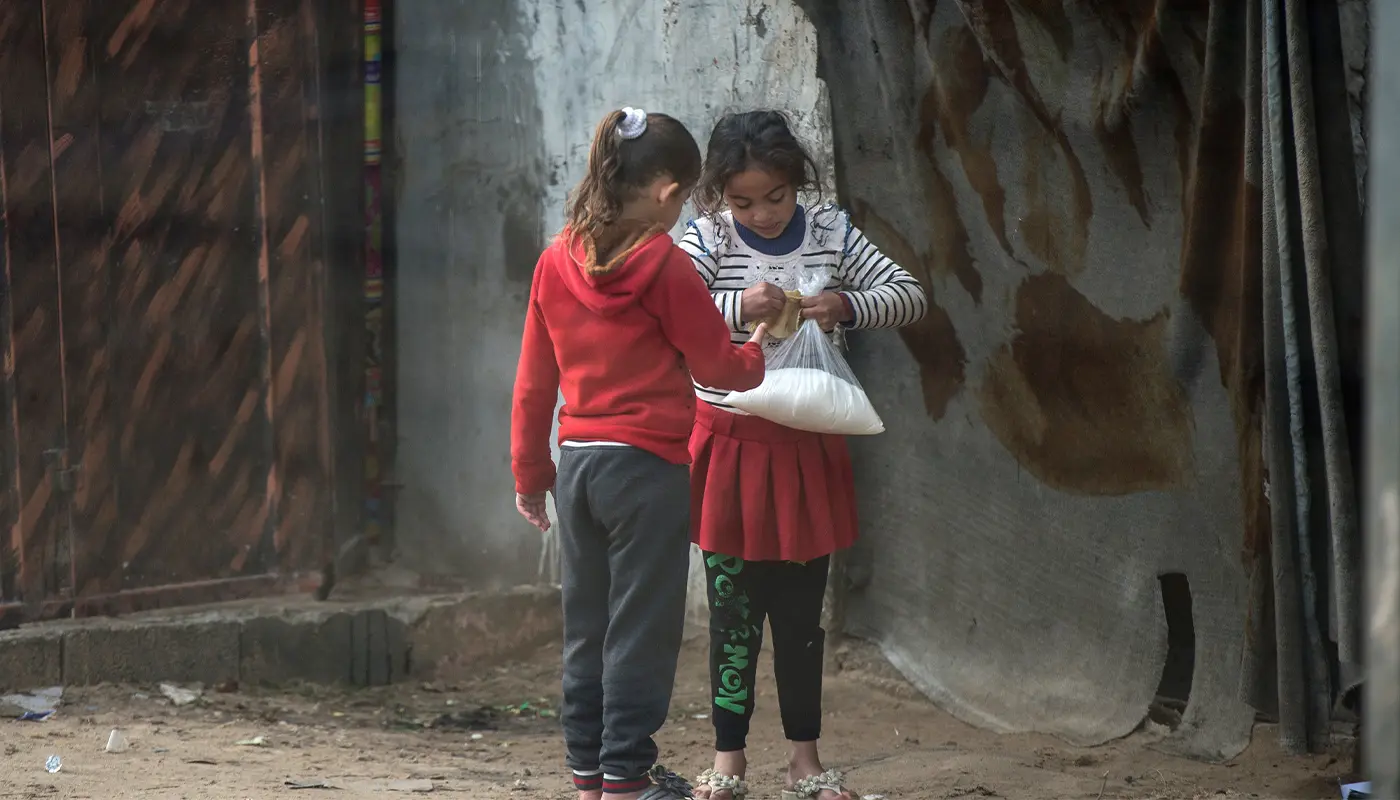As winter sets in across Gaza, displaced Palestinians are facing worsening conditions in makeshift shelters, with Israel blocking the entry of tents and vital humanitarian supplies. Despite a ceasefire deal agreed in October, aid agencies report that thousands of families remain without adequate protection against rain and cold.
In the Nuseirat refugee camp, father Hamza al-Mutawwaq described the misery of living under leaking tarpaulins. “It’s as if people are sleeping on a flowing river of rainwater,” he told reporters, as children slipped in mud and parents struggled to keep belongings dry.
Humanitarian organisations, including the Shelter Cluster and Norwegian Refugee Council, warn that millions of shelter items remain stuck in Egypt, Jordan, and Israel awaiting permission from Israeli authorities.
The delay has left nearly 1.5 million people exposed to deteriorating conditions, with agencies stressing that time is running out before the cold intensifies.
Israel has defended its restrictions, claiming security concerns, but aid groups argue that the blockade violates the ceasefire terms.
The New Arab reported that NGOs have been prevented from delivering supplies, with tents, blankets, and non-food items held at border crossings.
Meanwhile, Israeli airstrikes and demolitions continue in parts of Gaza, compounding the humanitarian crisis.
Reports from Khan Younis and Gaza City confirm that homes and schools have been destroyed, leaving families with nowhere to seek shelter.
The World Food Programme has also warned that only half the required food supplies are reaching Gaza, while old tents are fraying after two years of Israel’s war on Gaza.
Aid agencies say the combination of hunger, flooding, and cold weather could trigger outbreaks of disease among displaced communities.
For many Palestinians, winter has become a season of dread. “We have come to hate winter,” one resident told Middle East Eye, reflecting the despair of families forced to endure rainstorms without roofs or heating.
The humanitarian situation in Gaza is drawing comparisons to previous crises where international aid was obstructed.
Campaigners insist that unless Israel lifts restrictions, the coming months could see a surge in preventable deaths linked to exposure and malnutrition.
Sources: Middle East Eye, The New Arab, Norwegian Refugee Council





